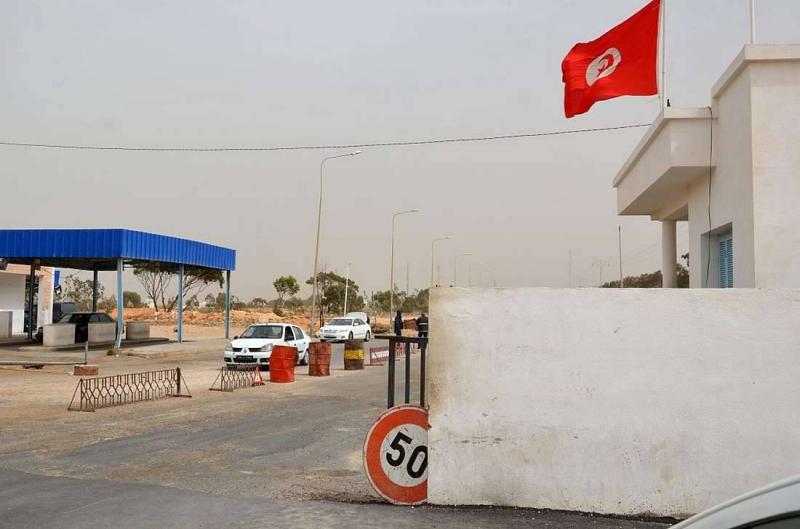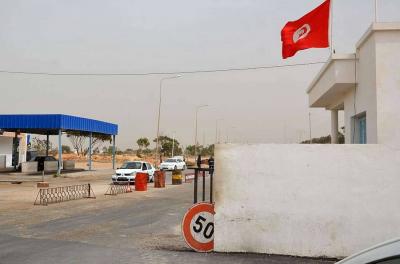A local human rights organization and a Tunisian parliamentarian revealed today, Wednesday, that Tunisian authorities have transferred hundreds of migrants from sub-Saharan Africa from the city of Sfax to near the Libyan border. Witnesses reported that dozens of others are leaving the city by train after days of tension and violence.
Ramadan Ben Omar, a representative of the Tunisian Forum for Economic and Social Rights, stated that authorities repatriated hundreds of migrants, including women and children, this week near the Libyan border. He added that they are suffering from difficult humanitarian conditions and that among them are women and children.
He indicated to "Reuters" that they recorded violations in Sfax in recent days, including assaults on migrants, evictions from rented homes, and the detention of some locals holding migrants before the police arrived, along with verbal insults.
Videos on social media showed young men in Sfax detaining migrants while brandishing sticks and demanding that they chant the song "Long Live Tunisia."
At the Sfax train station, images showed dozens of migrants in long lines, preparing to leave Sfax for other Tunisian cities.
A deputy from Sfax, Moez Barakallah, told "Reuters" that authorities transferred about 1,200 migrants in buses near the Algerian and Libyan borders under good conditions, providing food and even medication. He explained that border security officials received them and will decide what to do next.
Violence erupted between migrants and residents in Sfax over the past week, resulting in the death of a Tunisian. Residents complained of riots, chaos, and abuses by migrants, while migrants claimed they are facing racial harassment from some locals, and that the intensity of such incidents has increased recently.
Sfax is crowded with thousands of African migrants seeking to depart from its shores to Europe on boats, representing an unprecedented migration crisis for the North African country.
There has been an increase in migration across the Mediterranean from Tunisia this year following a crackdown on migrants from sub-Saharan Africa living in the country illegally.
Hundreds of Sfax residents protested last month against the presence of thousands of migrants, demanding authorities expel them, claiming that Sfax should not become a refugee city.
Tunisia is facing pressure from Europe to stop the massive departures from its shores. However, Tunisian President Kais Saied stated that Tunisia would not be a border guard and would not accept the settlement of migrants in the country.




